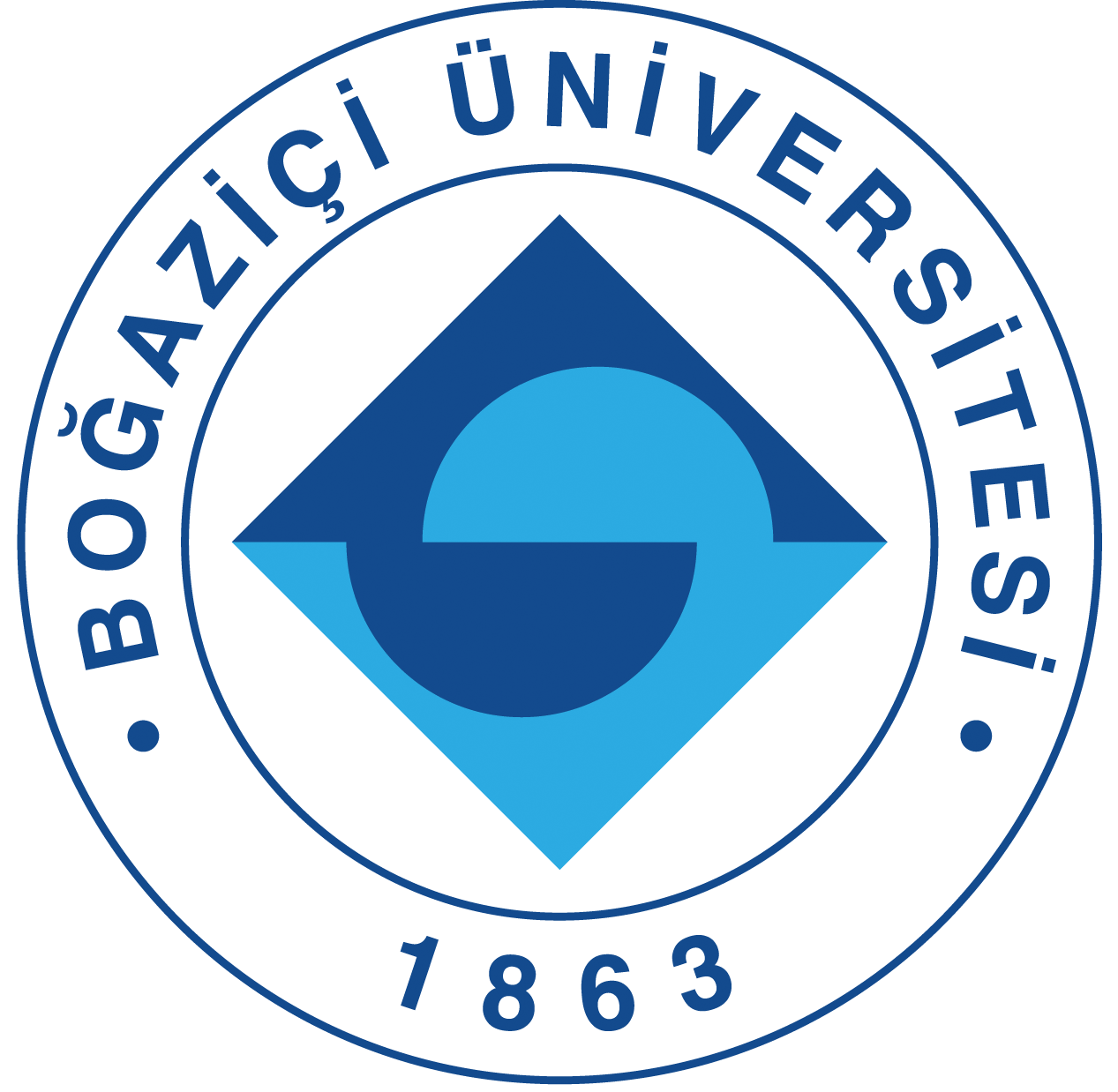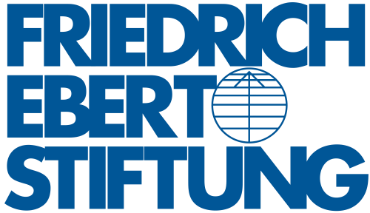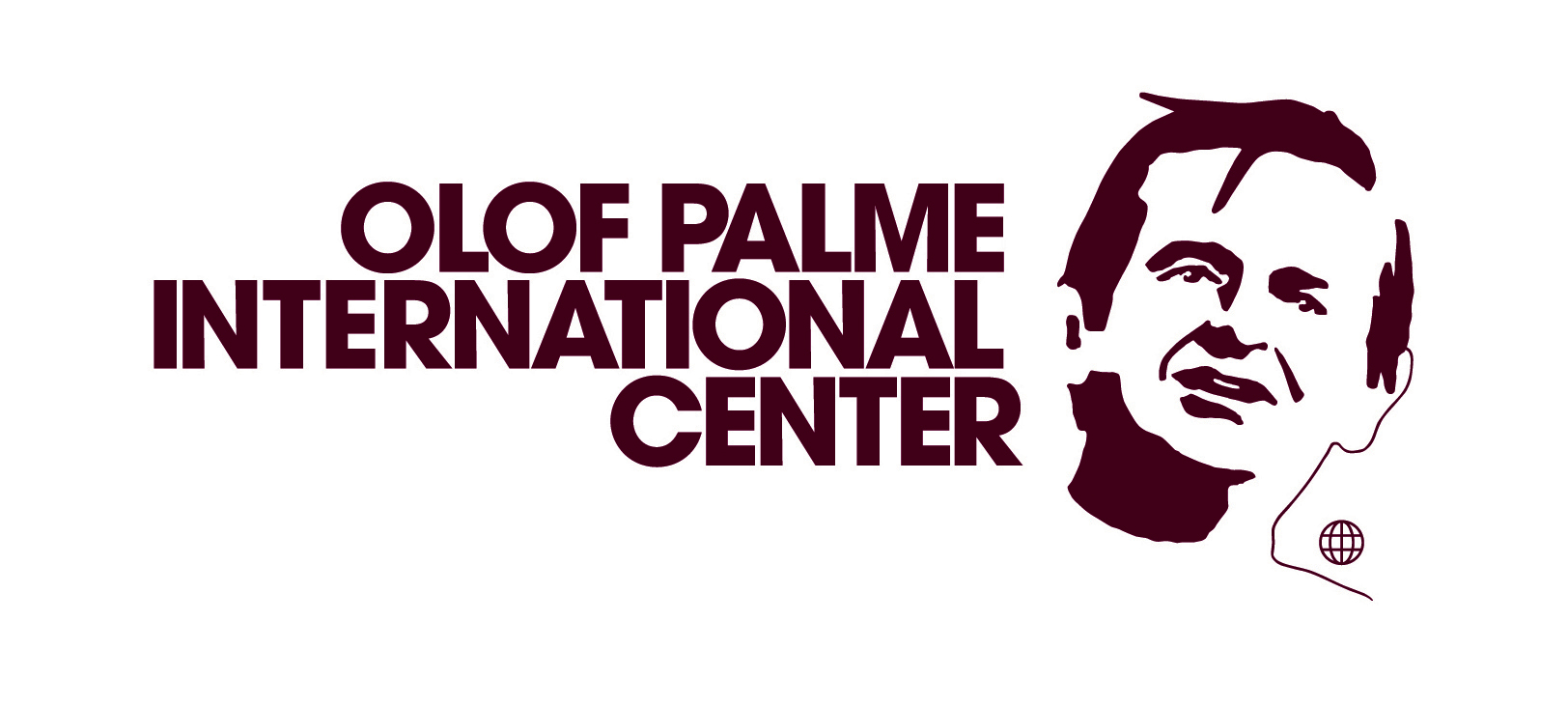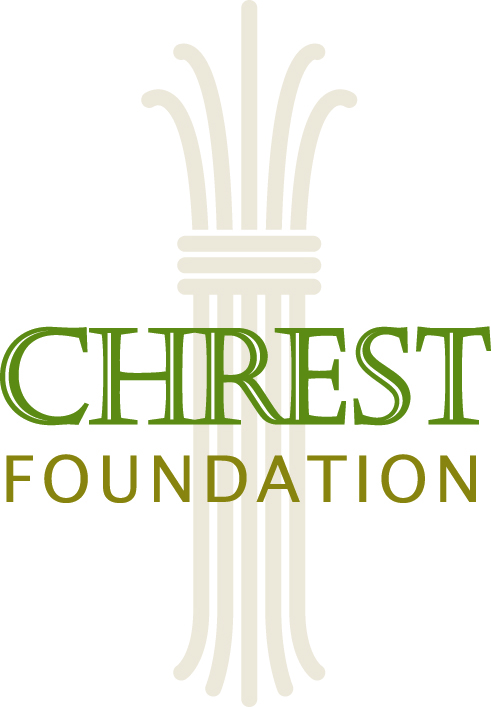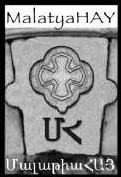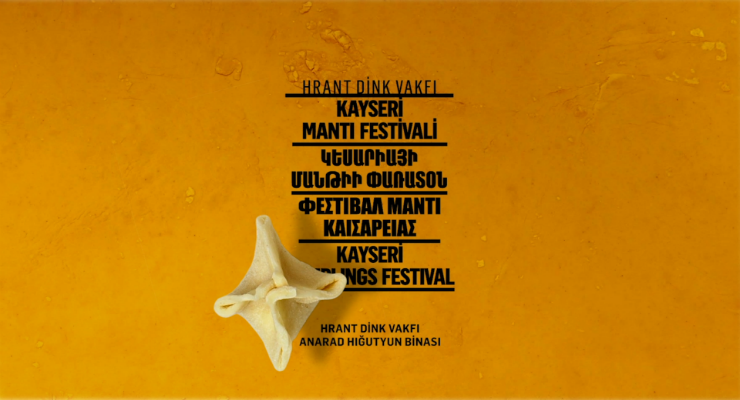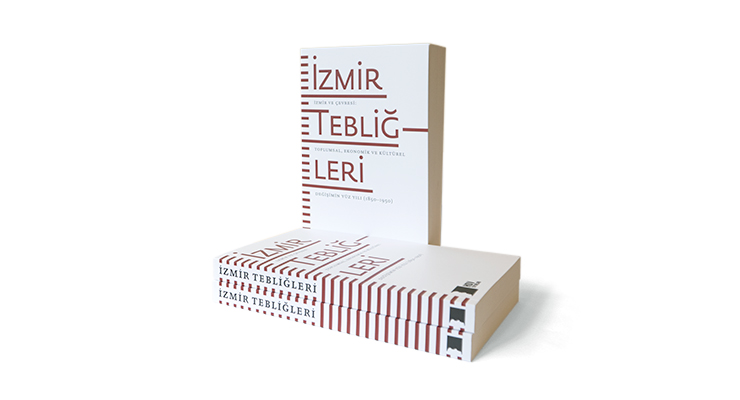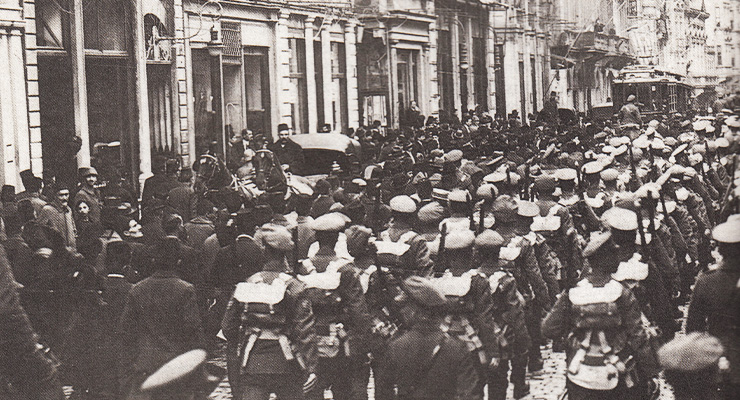The Conference on Islamized Armenians, which is organized by Hrant Dink Foundation with the cooperation of Boğaziçi University History Deparment and MalatyaHAYDer and with the support of Friedrich Ebert Foundation, Chrest Foundation and Olof Palme International Center took place at Boğaziçi University's Albert Long Hall during 2-4 November 2013. The conference, which is intended as a gateway to amplify the academic research on the issue, consisted of eight panels in three days, one round tabel meeting, one forum and one workshop. Simultaneously with the conference, movie screenings were arranged.
The turn of the 20th century was a period of significant social and political transformation in the Ottoman geography. Some of these transformations included individual and collective acts of conversion, leading to a number of Armenians who (became) Islamized in different times and processes. Especially during 1915-1916, the number of (forcibly) Islamized Armenians has increased significantly. Although the exact number is not known, we know that some of the Armenian children and teenagers survived the death marches and masscres of 1915 through adoption by Muslim families. Among the adults, we know that there were women who survived by marrying a Muslim or, in fewer cases, men; and in even more exceptional cases a whole family, neighborhood or village of Armenians survived by Islamization.
Even though many of the Armenians –especially men– reunited with their families in upcoming years, many of them took Turkish, Kurdish or Arabic names and remained a “Muslim” for the rest of their lives, their stories were kept silent. While until very recent times no narrative of history provided a place for the Armenians who survived by Islamizing, the last years saw an increase in the numbers of novels, life stories, witnessing and historical research that shed light on the issue.
1st DAY
Opening Remarks - Rakel Dink, Gülay Barbarosoğlu, Hosrof Köletavitoğlu, Ayşe Gül Altınay
Opening Conversation - Fethiye Çetin, Nebahat Akkoç, Sibel Asna
Panel I: 'Burden of History, Politics of Naming'
Chair Ayfer Bartu Candan
Zeynep Türkyılmaz 'Researching and Conceptualizing Religious Conversion: Reflections on Ottoman and Republican History
and Historiography'
Avedis Hadjian 'Patriarch Shnork’s Four Categories of Anatolian Armenians and Today’s Muslim Armenians'
Ayşe Gül Altınay 'The Historical and Historiographical Silence on Islamized Armenians and New Memory Work along the Axis of Ethnicity, Nation, and Gender'
Panel II: 'The Recent and Distant History of the Islamization'
Chair Meltem Toksöz
Sergey Vardanian 'slamized Hemshin Armenians: Victims and Witnesses'
Serap Demir 'Islamized Armenians: A Historical Approach to Hemshin and Its Environs'
Mahir Özkan 'The Hemşinli Identity: Culture, Language and Religion'
Uğur Bahadır Bayraktar 'Abduction, Marriage and Islamization in the Tanzimat Era'
Selim Deringil 'Mass Conversion during the
Hamidian Massacres 1894-1897'
Panel III: 'Islamized in 1915: History and Bearing Witness I'
Chaır Raymond Kévorkian
Taner Akçam 'Assimilation as a Structural Element in the Conversion of the Armenians'
Armen Marsoobian 'An Untold Story of Survival: An “Islamized” Armenian Family in Marsovan, 1915-1919'
Anna Aleksanyan 'Ruben Heryan: Liberator of Armenian Women and Children from Muslim Families after the Armenian Genocide'
Gayane Çobanyan 'The Question of Arabized Armenians'
2nd DAY
Panel IV: 'Islamized in 1915: History and Bearing Witness II'
Chaır Ronald Grigor Suny
Vahe Tachijan 'Mixed Marriage, Prostitution, Survival: Reintegrating Survivor Women into Post-Ottoman Armenian Communities'
Arda Melkonian 'Gender and Survival Options during the Armenian Genocide'
Doris Melkonian 'Taken into Muslim Households: Experiences of Armenian Children during the Genocide'
Ishkhan Chiftjian 'Islamization as an Instrument for Surviving and/or Disappearing: Theories and Practices of Islamization of Armenians during the 1915 Genocide '
Hilmar Kaiser 'Assimilation of Armenian Deportees, 1915-1917'
Panel V: 'Traces of Memory: Music, Food and Stories'
Chaır Ferhunde Özbay
Wendy Hamelink 'Musical Memories of Sasun Armenians'
Cafer Sarıkaya 'Only Lokum Remains: The Islamized Armenians in the Black Sea Region and the Resistance Story of a Flavour'
Nevin Yıldız Tahincioğlu 'A Story of Existence: What Remains from Sara...'
Rubina Peroomian 'Muslim Armenians, a Paradox?'
Panel VI: 'Memory, Ethnicity, Religion: Kurdish Identity '
Chaır Yektan Türkyılmaz
Adnan Çelik 'Survival Strategies of the Islamized Armenian Families: The Case of Diyarbakır Pasûr (Kulp)'
Davut Yeşilmen 'The Perception of Armenians in the Modern Kurdish Novel and Representation of Collective Memory'
Ramazan Aras 'Misilmeni: An Analysis of Perceptions of Muslim Armenians among Muslim Kurds'
Ümit Kurt / Murad Uçaner 'A Facet of the Stories of Besni Armenian Orphans, who were Islamized during the 1915 Armenian Genocide '
Panel VII: ''Memory, Ethnicity, Religion: Dersim'
Chaır Murat Yüksel
Nezahat Gündoğan / Kazım Gündoğan 'Armenians in 1937-38 Dersim’s Tertele'
Hranush Kharatyan '“I am from Dersim”: Avoiding Identity among Dersim Population and Alevized Armenians of Dersim'
Gökçen B. Dinç 'Protected but Discriminated: Dersim Armenians'
Panel VIII: 'Memory and Identity'
Chaır Müge Gürsoy Sökmen
Laurence Ritter 'Reconstructing Identity: The Importance of Family Structure among Hidden and Islamized Armenians - A case-study'
Anoush Suni 'Displacement and the Production of Difference: Islamized Armenians and Imagined Geographies'
Helin Anahit 'The Rivers of Memory: Exploring Collective Memory and Cultural Assumptions through the Voice of the Islamized Armenians in Turkey'
Round Table Discussion
Chair Rober Koptaş
Discussants Krikor Ağabaloğlu, Cemal Uşak, Hidayet Şefkatli Tuksal
Closing Forum: 'The Grandchildren'
Chaır Ayşe Gül Altınay
The videos of the conference will be posted soon to the website and the articles will be collected as a book in 2014.
